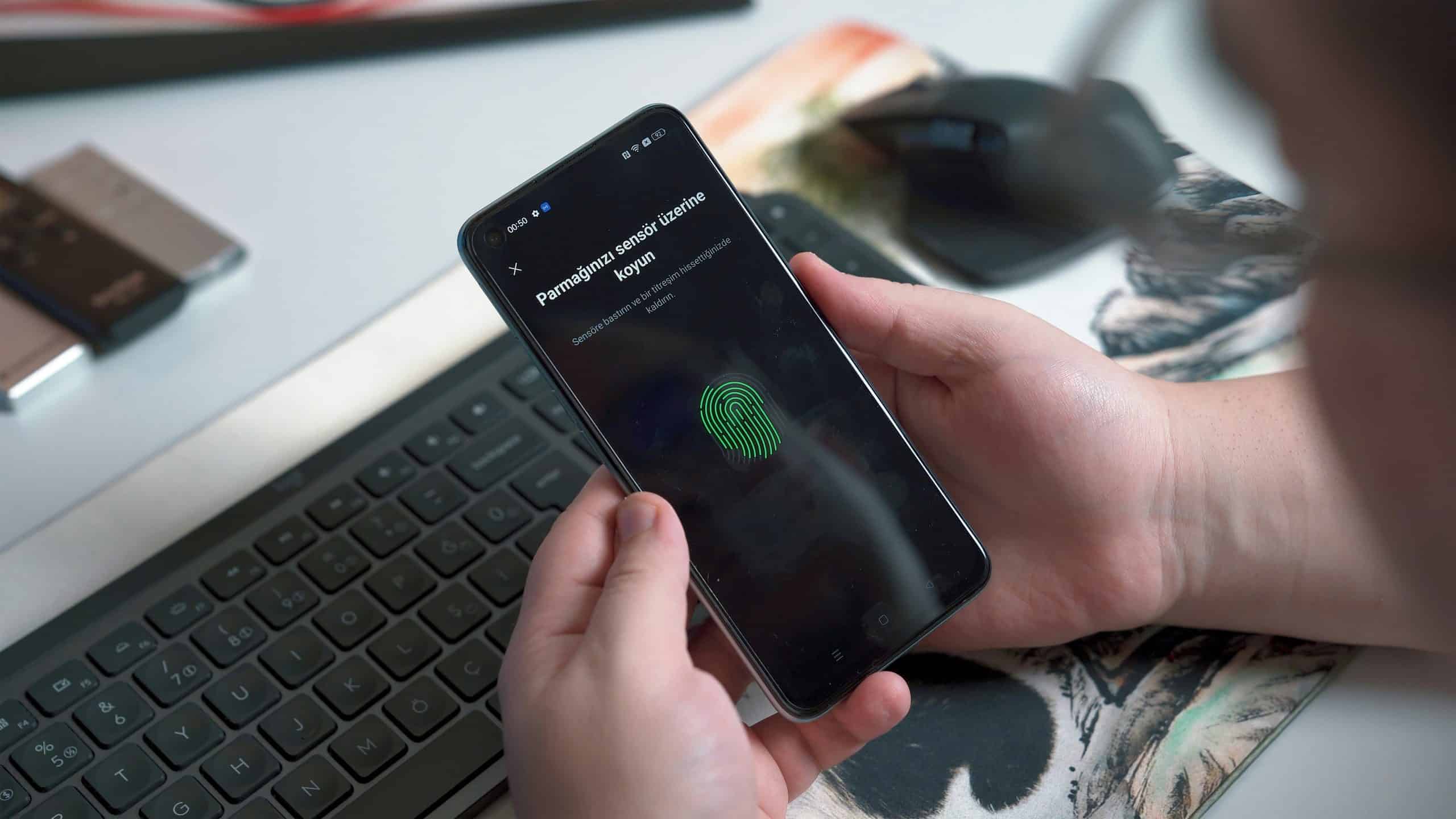In the realm of futuristic security, the concept of biometric tattoos is sparking a revolution. It is a unique convergence of biometrics, identification technology, and tattoo artistry that promises to redefine the way we perceive access control. Biometric systems are becoming increasingly prevalent as effective tools for user authentication, given their ability to provide accurate recognition based on unique biometric traits. These systems have successfully permeated various sectors, from governmental to private, including social media platforms. Let’s delve deeper into understanding this innovative development that’s redefining the landscape of security and data privacy.
Understanding Biometrics and Its Evolution
Biometrics, at its core, refers to the identification of individuals based on their unique physical or behavioral attributes. Traditional biometric data incorporated facial recognition, fingerprints, iris patterns, and voice characteristics. However, with the advent of technological advancements, various new methods have begun to emerge, such as behavioral and soft biometrics.
A lire en complément : Using AI to detect and prevent forest wildfires
Behavioral biometrics involves identification based on an individual’s actions or behavior. This includes typing rhythm, gait, and even the way one uses devices. Soft biometrics, on the other hand, focus on physical characteristics that, while not unique to an individual, can still provide valuable identification information. These can include height, weight, and eye color.
Fast forward to 2024, and we see the introduction of biometric tattoos. These are not your conventional ink tattoos, but sophisticated, technology-enabled tools designed for advanced biometric identification systems, promising a higher level of security and access control.
Sujet a lire : The ethics of AI-generated art and its copyright implications
Biometric Tattoos: How do They Work?
Biometric tattoos, in essence, are a proposed combination of tattoo artistry and advanced technology. The tattoo contains biometric technology that captures and stores an individual’s unique biometric traits, and this data can then be used for biometric authentication.
This technology typically uses a conductive ink to create a design which is, in fact, an electrical circuit. This circuit, when attached to the skin, can read and process data about the user’s body, including heart rate, body temperature, and even muscle activity. This data is then stored and can be used for various purposes, including user authentication, health monitoring, and location tracking.
Implications for Security and Privacy
The proliferation of biometric systems in user recognition and authentication has certainly elevated security measures. However, the introduction of biometric tattoos promises to further revolutionize the field of biometric identification and security access control.
Given that these tattoos capture more personalized and unique data about individuals, it can potentially lead to a more secure and difficult-to-breach authentication system. For instance, in the United States, defense agencies have begun to consider the technology as a means of ensuring military personnel’s security and identity verification.
However, the usage of such technology also opens up a Pandora’s box of privacy concerns. The collection and storage of biometric data can pose significant threats to personal privacy if not managed responsibly. It is thus crucial that any proposed implementation of biometric tattoos is accompanied by robust data protection and privacy measures.
As we move towards a world where technology like Google Scholar’s artificial intelligence can predict our next search, the importance of securing our data becomes even more paramount. The balance between utilizing advanced technology for security and maintaining privacy is a delicate one that needs to be carefully managed.
Conclusion: The Future of Biometric Tattoos and Security Access
Biometric tattoos represent a significant leap forward in the realm of biometric technology. By moving towards a more personalized and unique form of identification system, they offer the potential for a more secure and reliable form of access control.
However, as with any new technology, it also brings its share of challenges and controversies, particularly related to privacy. As we continue to explore and refine this technology, it will be essential to address these concerns and ensure that our pursuit of security does not compromise our fundamental right to privacy.
Biometric tattoos, therefore, are not just a novel concept or a fancy buzzword. They are a testament to how far biometric technology has come and a glimpse into a future where our bodies could become the key to our identity, security, and access.






